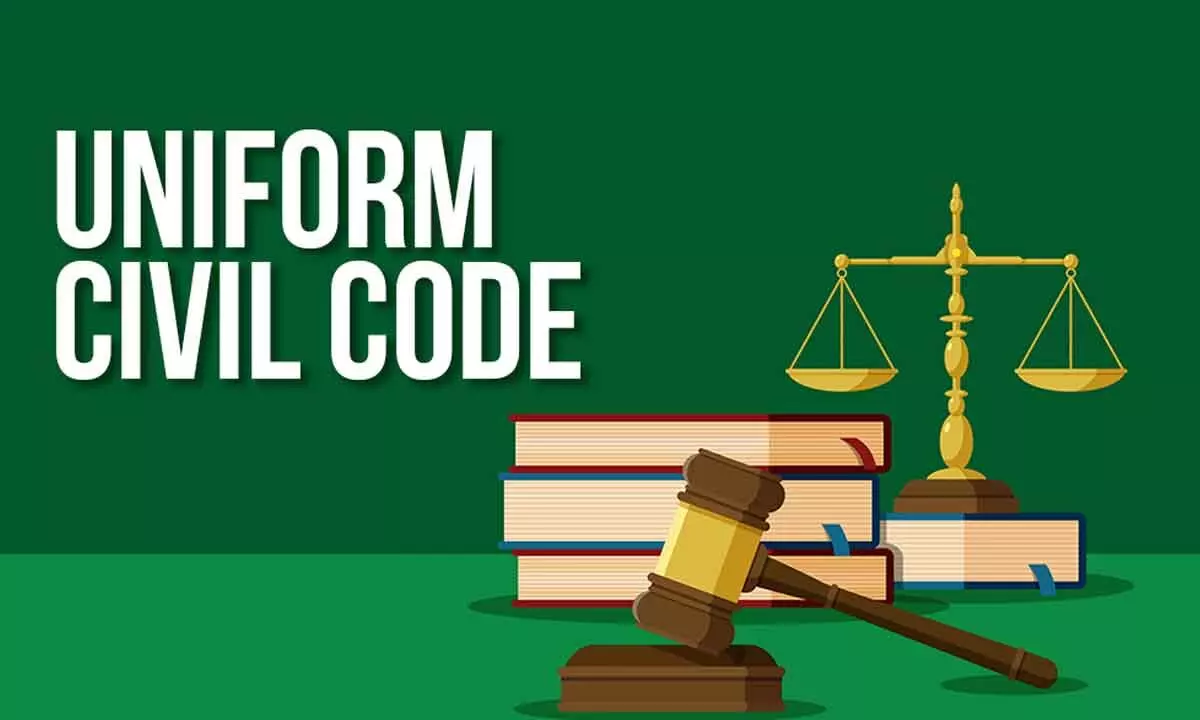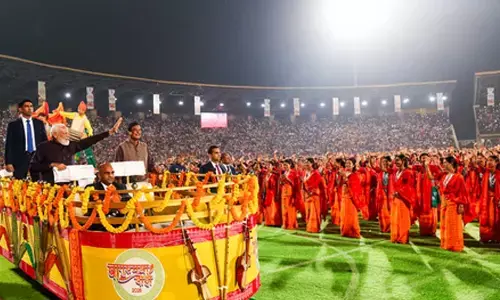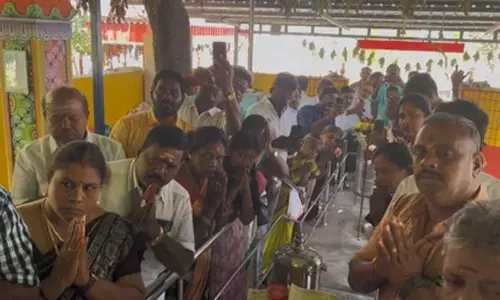UCC rollout with an eye on upcoming elections

Uttarakhand Chief Minister Pushkar Singh Dhami tabled the Uniform Civil Code 2024 Bill at the Assembly in Dehradun on Tuesday. Once it becomes an act, Uttarakhand will become the first state in the country after Independence to adopt the UCC.
Article 44 in the Directive Principles of State Policy, included in Part IV of the Constitution, states that “the State shall endeavour to secure for the citizens a uniform civil code throughout the territory of India”. The UCC is mooted with the objective of a common set of laws, regardless of religious affiliations, in matters related to marriage, divorce, child custody, adoption, inheritance, and property rights.
Since the personal laws find mention in the Concurrent List, States are also empowered to legislate upon them. BJP chief Nadda had said that the Uniform Civil Code would be implemented through States. Rajasthan, Gujarat and Madhya Pradesh BJP are already planning for it.
A pluralistic society is an idealistic society, a diverse one where people believe in and practise different things and traditions, including religious and agnostic, yet tolerate one another’s views, beliefs and practices even when they don’t match their own. Naturally, it will be a secular state that treats all religions equally. It does not take away the religious freedom of individuals.
India is one such society in letter and spirit.In the wake of partition in the past and increasing religious polarisation at present, the UCC has become a contentious and politically sensitive issue.
Yet, citing certain provisions, BJP is associating women equality with the Uttarakhand UCC bill. Women deserted by live-in partners will get maintenance, and children born of live-in relationships will be considered legitimate. But, it is silent on prickly issues.
The Muslim Personal Law (Shariat) Application Act, 1937, regulates matters such as marriage, divorce, inheritance, and maintenance among Muslims. A UCC will affect, restrict or ban certain provisions of it. For example, in the Uttarakhand UCC bill, religious conversion is sought to be made a ground for divorce, which contravenes the Special Marriage Act. The UCC also impinges on live-in partnerships which are resorted to in the case of inter-faith couples before they complete all formalities or get their parents’ approvals. It requires them to inform the Registrar for a certificate, who in turn has to inform the police if either of the couple is below 21 – but, the UCC itself says a girl can marry at 18. Else, they face imprisonment.The bill extends criteria for divorce applicable to husbands to wives also. Women can remarry the divorced spouse without any condition, such as “marrying a third person before such remarriage,” thus prohibiting nikah halala practiced by some sections of Muslims. Again live-in relationships are only to be between a man and a woman, thus discriminating against same-sex couples.
The tribal community is exempted from the UCC which mandates registration of live-in relationships. Thus the proposed ban on bigamy and polygamy and restrictions on live-in relationships do not apply to them. AIMPLB is quick to ask how it can be a UCC, if it exempts any community from its jurisdiction.
In 2018, the Law Commission concluded that a Uniform Civil Code is neither feasible nor desirable. The UCC bill certainly raises constitutional concerns of privacy, personal liberty and a certain amount of religious freedom. Referring the bill to the select committee would have avoided the controversial provisions. Finally, whether UCC bills become laws or not, the issue will be milked maximum for political maneuvering by both BJP and the opposition, further exacerbating religious tensions in the country ahead of polls.














